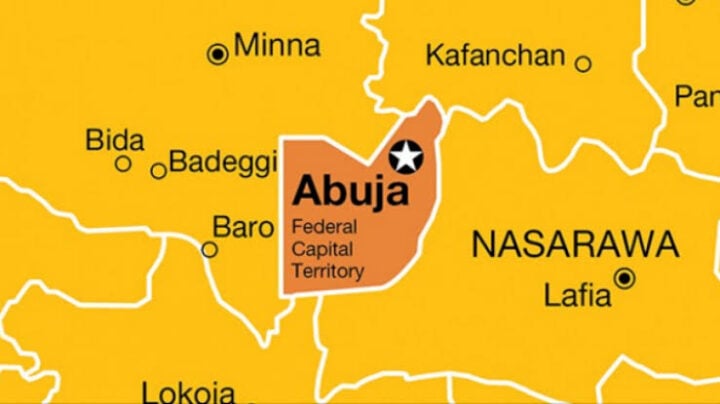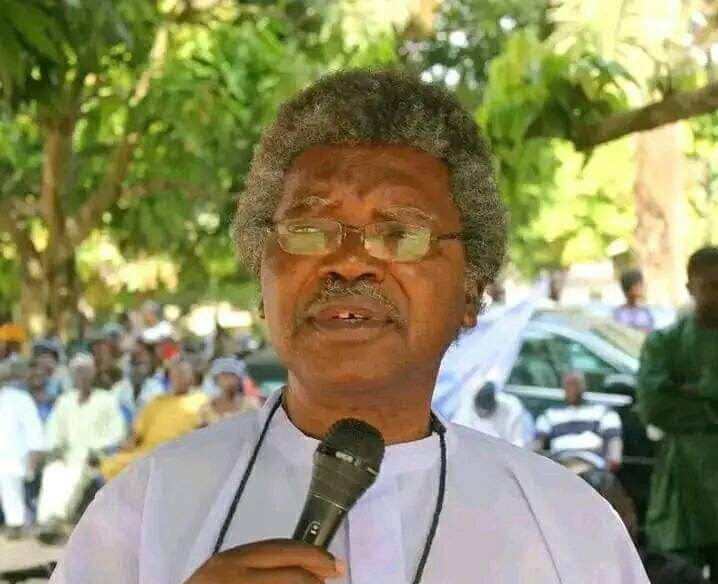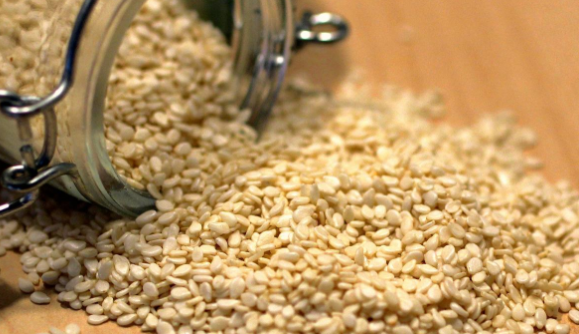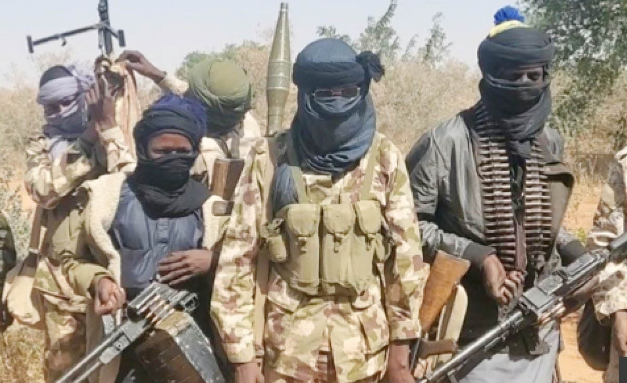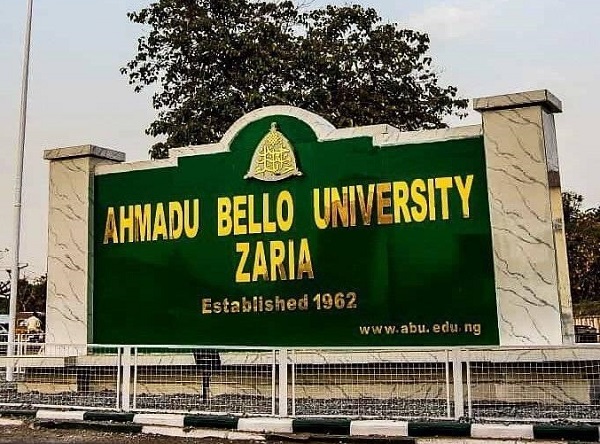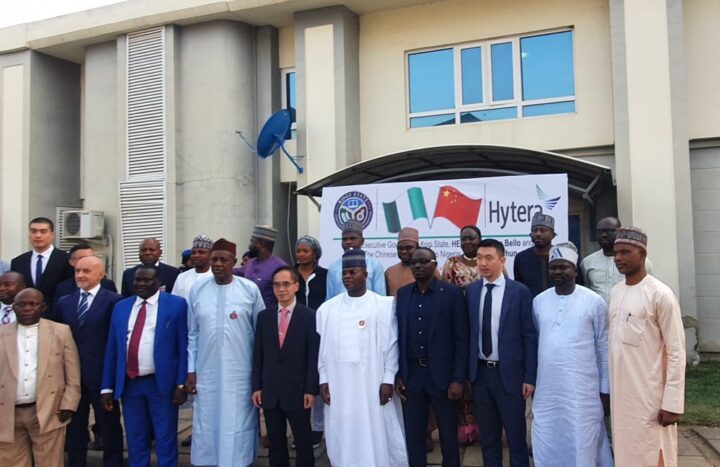Two groups — the Network of Journalists on Indigenous Issues, and Lawyers Network for the Protection of the Rights of Abuja Original Peoples — have been established to support the original inhabitants of the federal capital territory (FCT).
The decision was part of resolutions at the end of a workshop on the plight of Abuja original inhabitants, which include persons from Gwari, Nupe, Ganagana, Koro, Ebira, Bassa and others that make up the nine aboriginal ethnic groups.
At the end of the workshop, a “working group on indigenous peoples in Nigeria” was also established.
The training/workshop, which held in Abuja, was organised by the Resource Centre for Human Rights and Civic Education (CHRICED) with support from the MacArthur Foundation.
Advertisement
The workshop featured training for journalists on reporting issues affecting indigenous people, while for the lawyers, there were discussions on laws that affect indigenes.
Among resolutions taken at the end of the workshop included the need to draw government’s attention to the rights of Abuja indigenes, as well as addressing issues of marginalisation and exclusion.
FCT indigenes who spoke at the event lamented “institutional repression, forceful eviction, loss of sacred forests, groves, burial sites amidst ownership of land defined by laws of the state which often exclude their input”, as well as the feeling of statelessness.
Advertisement
Participants included persons living with disabilities, judicial officers, civil society organisations (CSOs), government officials, as well as members of the Nigerian Bar Association (NBA), and Nigeria Union of Journalists (NUJ).
In his address, Zikirullahi Ibrahim, executive director, CHRICED, spoke on the need to provide a quality platform for Abuja indigenes to engage in dialogue in order to address their concerns.
Others who were also present were Adewale Adeoye, executive director, Journalists for Democratic Rights (JODER); Kole Shettima and Amina Salihu, who represented the MacArthur Foundation.
The workshop comes weeks after a group identified as the ‘FCT Original Inhabitants’, asked President Muhammadu Buhari and the national assembly to set up a framework that will lead to their “recognition and integration”.
Advertisement
Meanwhile, in January 2022, a bill seeking to create a board to oversee the compensation and resettlement of FCT indigenes passed second reading at the house of representatives.
Add a comment
